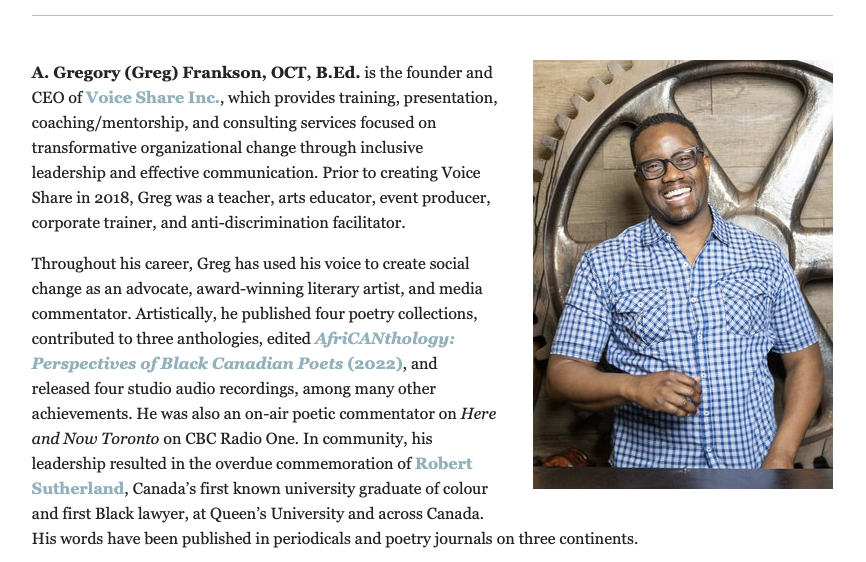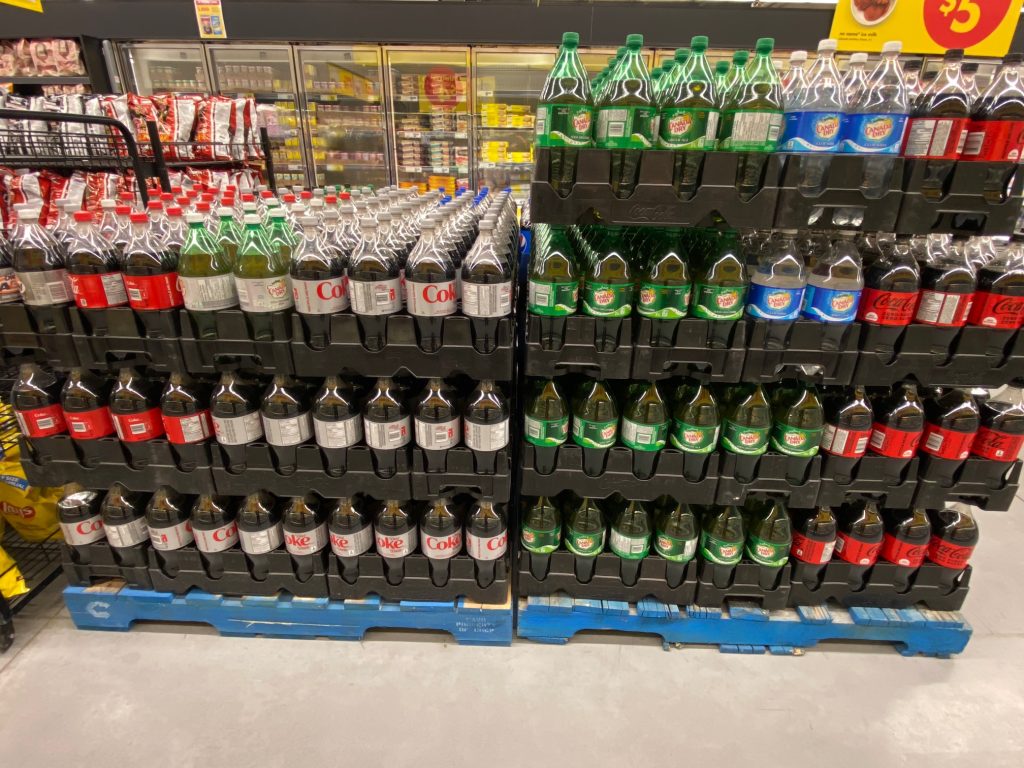Over 36 centimetres of snow fell over night and through the next day. We need more of this.
I was walking through the neighbourhood and met so many friendly and happy people. Maybe they’re that way all the time, but I’d never know it. Normally, we never make eye contact, let alone speak.
So with the experience of Snow Day, I’m changing my view of my neighbours. I realize they are nice people in fact, but normally are detached because they are really busy getting things done.
Why is it so different on Snow Day? It’s the same phenomenon that happens when the TTC subway loses power and comes to a stop in the middle of a tunnel, going nowhere. All the rigid, pan-faced bodies lining the subway car, of a sudden start chatting, humouring each other, noticing and taking care of people around them. Act like people actually.

And what about Covid? No running around. Different things matter now. Essential Health Care Workers have talked about how in the beginning of Covid there was an exuberance of spirit for camaraderie not felt before, a closeness workers felt for each other.
Greg Frankson, performing artist and teacher, in an interview on the program CBC Fresh Air, January 15, 2022, spoke of how Covid by slowing people down helped people to pay attention to the George Floyd murder, finally to hear Black voices, and notice the issues of Black Lives Matter. Perhaps the same could be said of the Indigenous Residential School issues, for decades a subject on the back burner of nowhere, and now on everyone’s mind and heart; the graves of children have woken people up to the issue, because, it might be thought, the reason being not so much that people are uncaring but more people now have had the time to care, their lives slowed down enough.
The whole interview is well worth listening to. Greg Frankson is an exceptional communicator. https://www.cbc.ca/listen/live-radio/1-193-fresh-air

Greg Frankson profile https://www.ritallin.com
What has normal looked like for us all our lives? A million things to do, and so no time for that, or for that either, or that… Just me keeping going on the track of busyness, so many things to take my attention that my head is spinning, I don’t know where to look next, swipe, swipe, click, like, swipe, like, click and I don’t see what is in front of me: other people, the planet I live on. And I think the speed scrolling normal. And I do a good job getting the jobs done. Whew.
Decent people, doing their best, but are we wrong-headed with doing our best to keep up, keep ahead, swim in this tank we have, all the assumptions laid on us, just follow along, be good soldiers?
What do you think? Some are trying to see a way through the climate crisis. Others are driving their cars around whenever they want and to wherever they want with no thought at all to the dire warnings of how our planet is falling apart over carbon emissions and collapsing biodiversity. Too busy driving around to notice. I just thought they didn’t care. No. They’re too busy doing a good job with their busily managed lives.
So if the experience of the Snow Day is showing us a way, giving us a clue, then how do we as a society get ourselves to slow down enough to be able to see what is around us, a collapsing human climate no longer stable and predictable, getting worse and worse for us? And how do we start to care?
The Netflix movie Don’t Look Up is trying to break through the morass of inaction and seeming indifference to wake people up to change. The movie is trying. Everything and anything has to be tried. Especially as I’ve argued, cleaning up social media where the impression for a long time has been, and not questioned, that a third of experts think there is no climate crisis. While most people (70% on social media) accept there is a climate crisis, only 35% believe it will affect them personally. Those beliefs are solely the creation of social media feeds. Nothing to do with the reality that 97% of experts telling us that in ten years, because of climate change and lost biodiversity, we won’t recognize the planet we live on, and by the end of the century, if we do nothing, we won’t be here.
Well, [un]social media is that huge distraction to keep us from seeing and acting. Takes all our time. [Un]social media makes huge profits for the companies who own it by keeping us very distracted, uninformed and busy keeping up with it all, keeping us on the shiny comfortable screen, not seeing anything but the world through the glass prism of the screen. Not seeing the world. That’s the goal in fact of the incredibly effective A.I. shaping human behaviour, promoting any ideology or fabrication or conceit, anything to take the billions of people attached to their social media life, ever deeper plunged into the material morass of consumption, supply chain madness.
What can be done? Granted I’ve just taken you on a bit of a diversion to the problems with social media, but if we come back to the subject at hand, I’m suggesting, maybe as a snow storm or subway breakdown does, we need to find a way to slow down our society to a human scale, less activity, less achievement, less building a career, less getting ahead, less having it all, pursuing the golden future as the norm for our lives. So what’s a fair and good way to slow us all down, so we have time to smile and chat to a stranger, time to see what we are doing to our planet – to appreciate the madness of single use plastic, for example.

I realized yesterday in the grocery store, the people filling up this cart had no idea what was at stake buying all those bottles of water week in, week out. I am sure they are not bad people, have no wish to harm anyone. What if they had a different orientation to time? Had time to notice the problem of single use plastic. Sadly, no time for that normally. Got so much going on. Do the same this week as last.
If society gave them a slowed down life, then they might be concerned that the government made great promise of dealing with single-use plastic by January – a year ago. Not done. Not much urgency. Well, we’re too busy wrapped up in living life to have noticed the life we live.

If our lives weren’t so driven, if we slowed down, maybe we’d see, and worry, and call out the government and industry for not doing its responsible part.
It’s a bit of a circle of doom. Government and industry don’t want us to notice. Carry on then, they say. And they get us to do that, crafty they are, got us doing just what they want and us thinking we are choosing how we live our lives. No chance say the social media whistleblowers. You are profiled and your emotional state and your thinking is examined and shaped by those platforms you so love and think are there to make your life better. Nope! Not the business plan marshalled behind closed doors. In fact, we’re told social media companies don’t care for us at all, just our attention to them.
So how do they speed up our lives, fast enough that we don’t have time to question, have no room to give critical analysis? The marketing. The selling that in our culture is relentless. We don’t stand a chance, especially with social media A.I. running amok way beyond human intelligence to match it. Good for business. The marketers have us coming and going, buying and buying more and more again. More carbon was put into the atmosphere in 2019 than ever before. Success! And despite all we should know from all the conferences, from all the research papers… But no time to think, time only to feel reassured by all the hullabaloo of legislators promising and not delivering. Industry telling us economics is our god, provider of all that is good, all we desire. Know what’s good for you, they intone: More. Question not. We fly along on this golden treadmill for more and more.
Stop. We don’t need More. We don’t know what we want anymore. Just that we want More. So let’s stop for a moment. Maybe that can save us. The snow made it hard to walk fast. Walking more slowly, I noticed how beautiful the homes and trees were under a blanket of white. I noticed how quiet the deep snow made the neighbourhood, a pleasant and deeply felt silence. Feeling the deep silence made me happy. And that person out walking the dog today, not to get the job done but because they have all day, or the one shovelling the sidewalk: we saw each other, and we smiled as we passed, a day all to ourselves, a lovely day, time for exchange of a word, a laugh even. What a lovely day. A Snow Day. Time to be human. To notice. To care. Why not everyday a Snow Day? What’s wrong with us?

